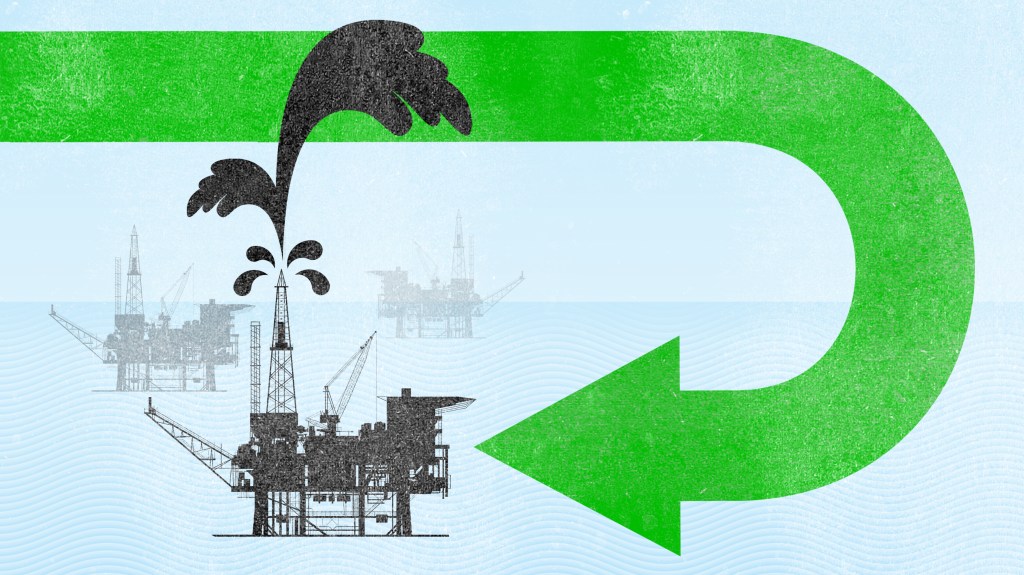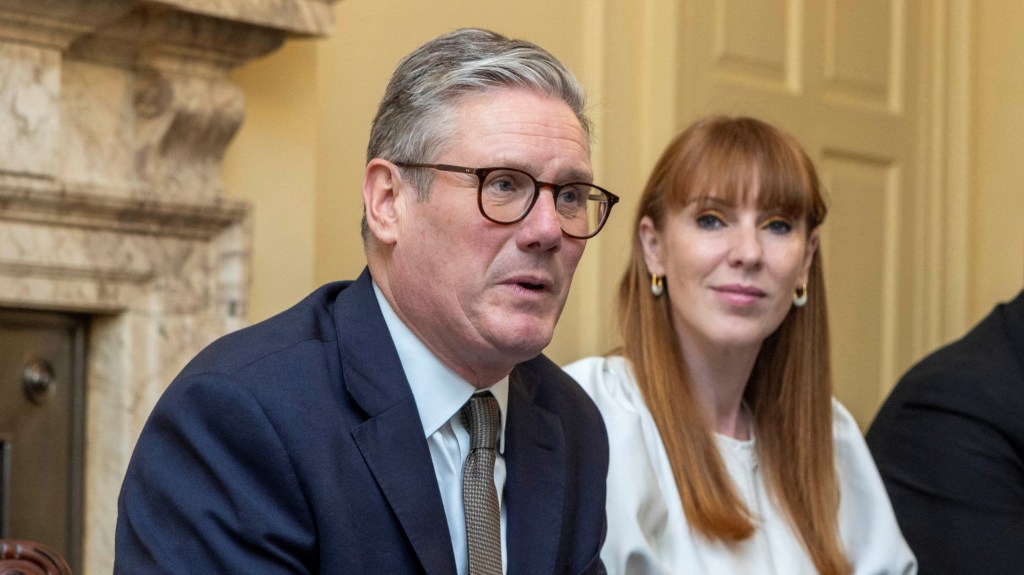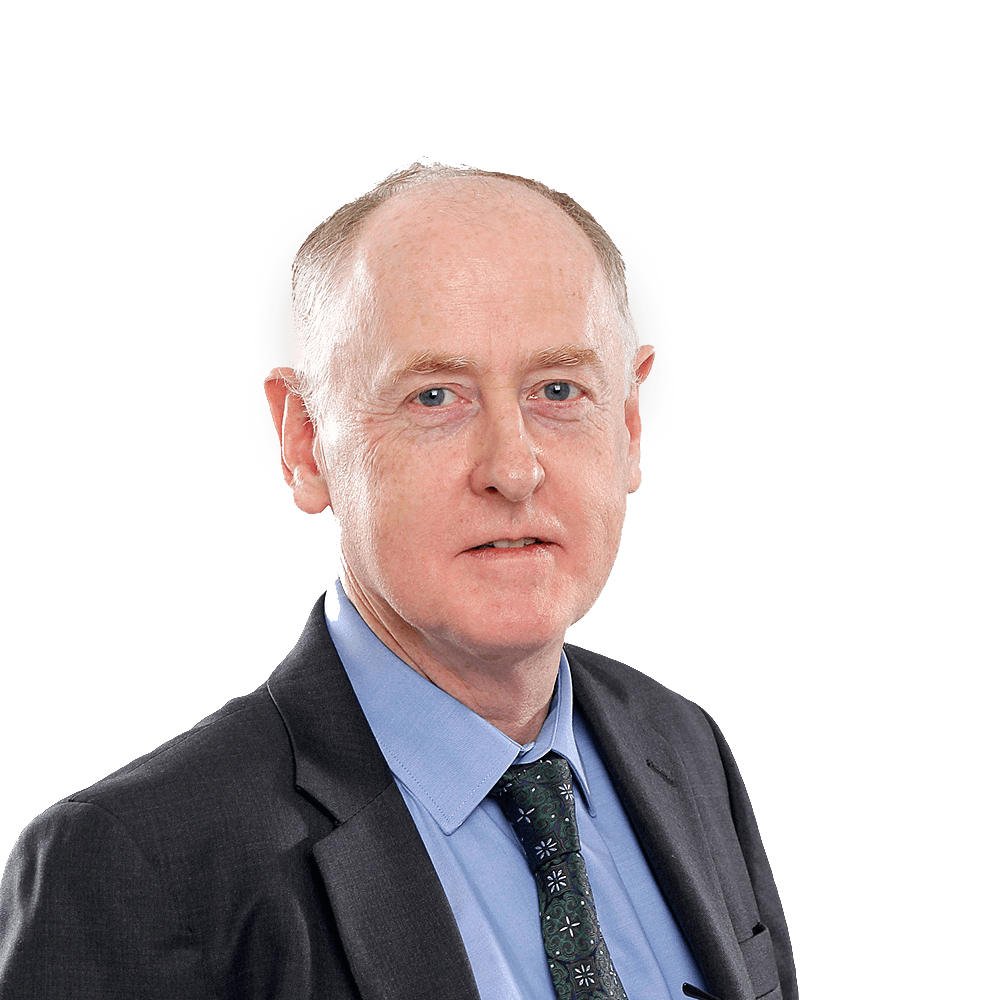Are Corporations Losing Interest in ESG? Insights from COP29
Eric Tao, head of trading at Pierpoint investment bank, is known for expressing his views directly. As he examines the agenda for the upcoming COP29 climate conference, he remarks, “‘The maximum amount of money, doing the maximum amount of good’—can you feel the skepticism?”
While Eric is a fictional character from the BBC series, Industry, his doubts reflect a growing sentiment in the investment community.
Following a fruitful period for ESG (Environmental, Social, and Governance) investing, various global crises—including the cost of living surge and the conflict in Ukraine—are causing a downturn in green investment enthusiasm.
Some analysts perceive that the upcoming COP29, scheduled next month in Baku, Azerbaijan, signifies this trend. The previous COP28 in Dubai attracted approximately 70,000 participants, yet this year’s event is expected to draw only 40,000 to 50,000 attendees, according to conference spokespersons. One delegate humorously noted, “It’s a case of good COP, bad COP.”
This year also sees a noticeable reduction in high-profile corporate representation. Top executives from major firms like JP Morgan, Lloyds, and Standard Chartered are opting out of the event, instead sending junior representatives or no one at all. PwC will send its global ESG leader, Will Jackson-Moore, but his team will be significantly smaller than last year’s delegation.
One consultancy head stated, “Having attended COP26, 27, and 28, I’m skipping COP29 because none of my clients are participating.”
A recurring theme is the rising apprehension within the ESG investment sector that the UN, the organizer of these summits, is witnessing a potential “COP flop.”

Another veteran attendee who will not be flying to Baku reported that his industry, particularly insurance, has grown increasingly wary of “ESG backlash”. Activist organizations like Just Stop Oil are diligently targeting oil and gas companies with protests. He explained, “Attending COP and being linked to gas pipeline insurance means being accused of greenwashing.”
The flip side is also concerning: if companies divest from fossil fuels and promote their green initiatives at COP, they risk backlash from the American Right. Larry Fink, CEO of BlackRock, faced criticism from Republican lawmakers for encouraging companies in his portfolio to consider their environmental impact.
Fink, who participated in last year’s Dubai summit, will not attend Baku this time and has ceased to use the term “ESG” in his public discourse.

But how significant are the attendance issues at COP29? Should low turnout signal a dramatic decline in ESG investing, or is it merely a short-lived trend?
Reports of Baku’s challenges surfaced shortly after BP announced its decision to abandon carbon emissions targets. BP’s CEO Murray Auchincloss, similar to Shell’s leader Wael Sawan, has been scaling back numerous green energy initiatives launched by his predecessors.
Data from the Investment Association revealing that the public withdrew a net £343 million from responsible and sustainable investment funds in August highlights the shifting sentiment—though overall, such funds still manage about £104 billion in assets.
This trend first appeared with the rise in oil and gas prices following Russia’s invasion of Ukraine, leading to traditional investments outpacing ESG returns.
The storyline of Industry presents fund manager Petra Koenig and analyst Harper Stern attending the COP to attract green investments to their less sustainable fund. “I can prove returns outweigh ideology,” Koenig proclaims.
Despite this skepticism, investments in green projects continue to grow, reaching about $1.8 trillion (£1.4 trillion) last year—the highest recorded amount. Additionally, the Investment Association noted that the net outflows from ESG funds in August were less severe than in July’s £390 million.

Chuka Umunna, former shadow business minister and currently the global head of sustainable solutions at JP Morgan—often seen as the inspiration for Industry’s Pierpoint—stated, “Indeed, green economy stocks have seen significant dips lately. The ECO index of the largest green economy stocks has decreased by 32.9% year-to-date, whereas the S&P 500 has risen by 21.2%.
While some may link this decline to diminished commitment from investors or pushback from policymakers, Umunna attributes it largely to the disproportionate impact of rising interest rates on clients in green sectors, as these often involve higher upfront investments. He is optimistic about the arrival of recent interest rate cuts, noting that the ECO index increased by 10.3% over the last month, outperforming the S&P 500.
Though Umunna will not attend COP29, he argues it would be premature to dismiss the future of sustainable investments.

A director from a bank who typically attends COP summits mentioned that his absence from Baku is more related to logistical challenges rather than a shift away from ESG initiatives.
“Logistically, getting to Baku is incredibly difficult. There are no direct flights, and the business areas at the conference don’t match those seen in Glasgow or Dubai,” he explained.
Further complicating matters, some firms have raised alarms about sending senior executives to Azerbaijan amidst ongoing conflicts with Russia.
The location of COP29 was initially slated for Bulgaria, but Russia vetoed this site due to geopolitical tensions.
Beyond geography, many have remarked that Baku’s organization appears to limit private sector engagement with policymakers.
Concerns have surfaced regarding the segregation between the high-level government “Blue Zone” and the business-oriented “Green Zone,” hindering opportunities for meaningful interactions.
Some UN officials expressed their frustrations over the scale of the previous Dubai conference, stating, “It became a corporate spectacle. We aimed to refocus on essential climate commitments.”
Despite logistical hurdles, a think tank executive believes there will still be substantial participation from major banks and insurance firms seeking to finance critical infrastructure projects. “They attend COP to capitalize on lucrative opportunities,” he noted.
David Howden, founder of the London-based insurance broker Howden, stated he has yet to finalize his Baku plans but affirmed that his team will be present, attracted by the anticipated focus on insurance and resilience in Azerbaijan’s evolving landscape.
Howden is known for his enthusiasm in supporting projects that prioritize environmental benefits, even at the cost of immediate financial returns.
As one attendee pointed out, COP could benefit from a shift towards fewer delegates who are more ideologically invested. Summarizing the sentiment, Industry’s Eric Tao encapsulated the viewpoint: “No more suits pretending to be environmentalists.”




Post Comment